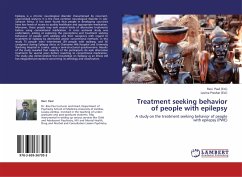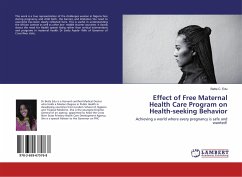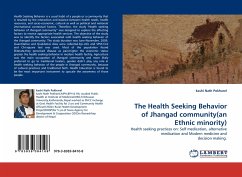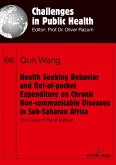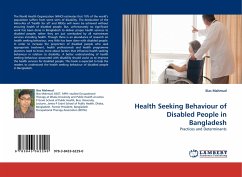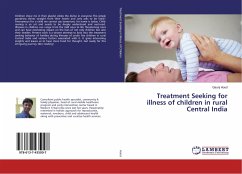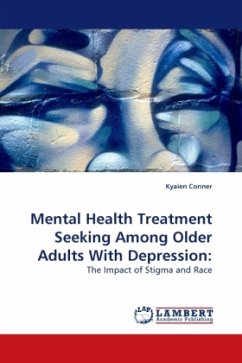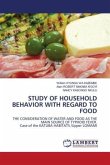Epilepsy is a chronic neurological disorder characterised by recurrent, unprovoked seizures. It is the most common neurological disorder in sub-Saharan Africa. It has been found that people in developing countries have low levels of access to quality healthcare and appropriate medication. Moreover, these people may seek several kinds of alternative treatments before using conventional medication. A cross sectional study was undertaken, aiming at exploring the perceptions and treatment seeking behaviour of people with epilepsy and their caregivers with regard to treatment of epilepsy by alternative and/or conventional methods. In this study 75 people were interviewed (39 people with epilepsy, and 36 caregivers) during Epilepsy clinics at Chainama Hills Hospital and University Teaching Hospital in Lusaka, using a semi-structured questionnaire. Results of the study revealed that majority of the participants do seek alternative treatment for several years before resorting to conventional medication. The study also demonstrated that knowledge on Epilepsy as an illness still has misguided perceptions concerning its aetiology and classification.
Bitte wählen Sie Ihr Anliegen aus.
Rechnungen
Retourenschein anfordern
Bestellstatus
Storno

